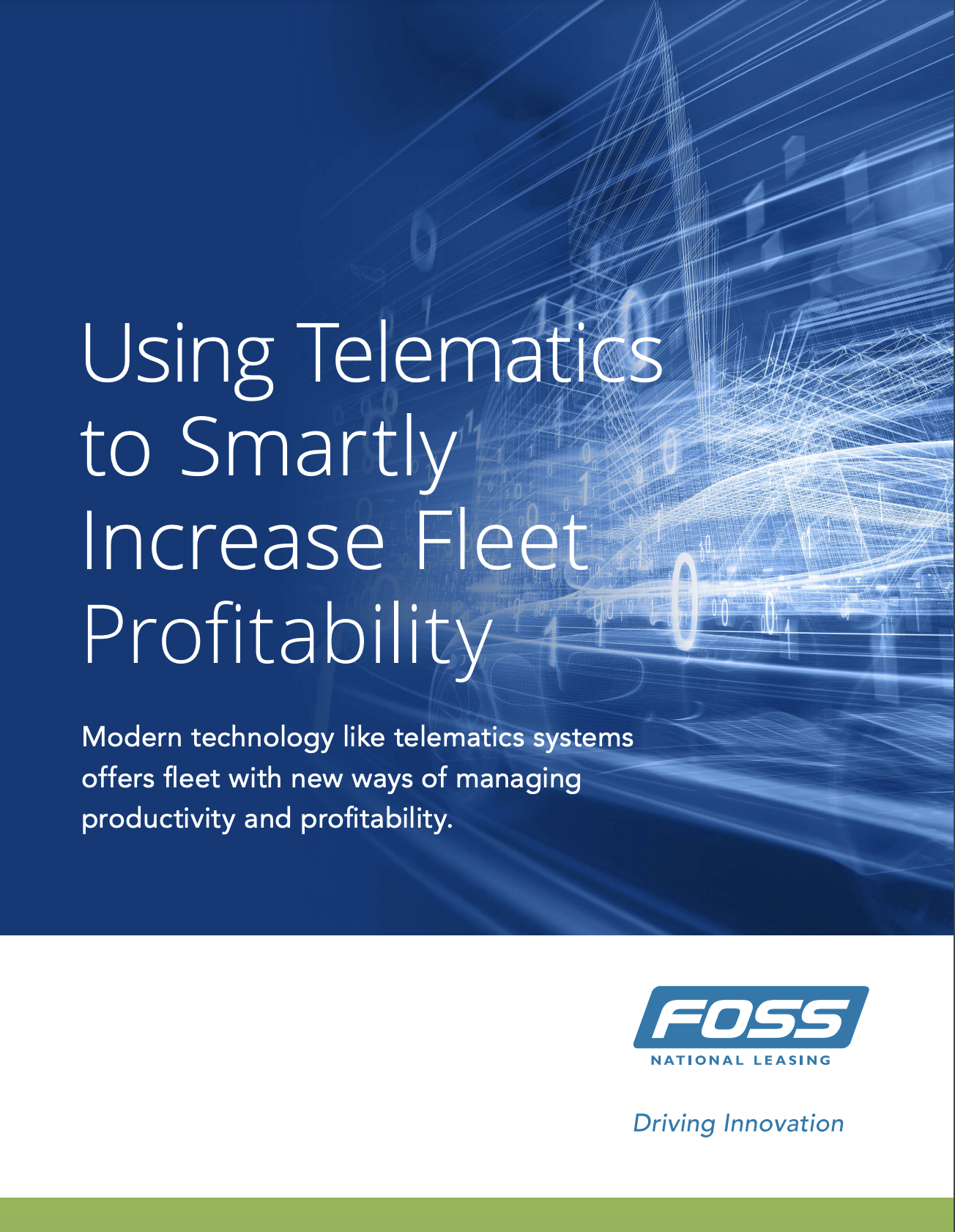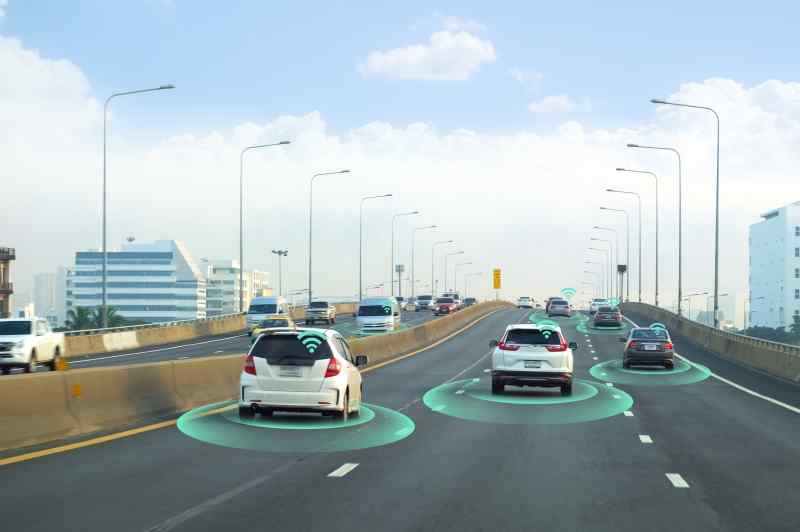
Every year, new vehicle technologies are coming on to the market at an increasing rate. Autonomous vehicle fleet management will become a reality that fleets won’t be able to ignore.
To give you some insights into what’s coming, we spoke with Henry Blumenthal, Regional Vice President of Intact Insurance. We discussed autonomous vehicles, disruption in the auto-industry, and how fleetscan evolved during this time of transition.
Let’s dive in!
Fleet Management in the Era of Disruption: Q&A with Henry Blumenthal

Henry, can you describe your role at Intact Insurance?
I'm the regional vice president here at Intact Insurance for B.C. I've been in this industry for about 30 years in different roles, including sales distribution, underwriting claims, etc.
What are some of the big changes your industry is anticipating in the automotive sector?
The auto insurance industry is changing rapidly.
Auto insurance is highly regulated across the country, and will probably remain so. But there are some major changes happening, including self driving cars, telematics and the sharing economy.
Self driving cars will definitely have an impact on almost every industry, including the insurance industry.
And more and more, we’re seeing telematics software in vehicles of all types. Cars are also equipped with a lot more safety equipment, including sensors, making them more enjoyable and safer to drive. However, they’ve become more costly to repair.
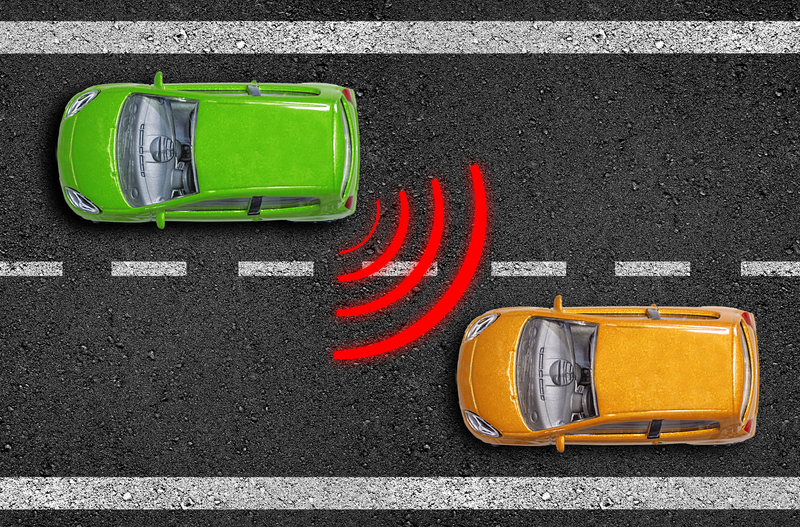
Clients’ needs are also evolving. When I turned 16 years old, the first thing I did was pass my license so I could get freedom. Today things are very different. Drivers are older now when they get their license.
In addition, our ideas around car ownership are evolving. People have less and less desire to own vehicles now. That's a shift we already see with the younger generation. And there's no question that the sharing economy is growing as a result.
In the insurance industry, we’re seeing more sophistication in pricing and underwriting, meaning how much we charge for driving or owning a vehicle.
There are a lot of new tools, such as telematics, which allow us to follow the driving habits of drivers. As a result, there’s now a greater focus on User Based Insurance (UBI). We can collect information from mobile devices, so we can help people become better drivers.
The good thing is, people don't see this as Big Brother, like they used to. They now see this as “I'd love to know how my driving skills are and how can I be better.”
How is the industry responding to ride sharing services? What is Intact doing?
At Intact, our mission is to help Canadians prosper in good times and be resilient in tough times.
We want to make sure that when the environment is changing, we continue to be there to provide Canadians with the coverage and protection they need. And we want to be there to help regulators and government, but mostly average Canadians, to cope with those changes.
Ridesharing brings certain challenges, because traditional auto policies are meant to provide protection when a vehicle is used for personal use or business use, but do not traditionally address mixed-use vehicles.

That’s why, in 2015, we partnered with Uber and designed an industry-first product that was approved in Ontario, Alberta and Quebec. People participating in ridesharing in those provinces are comforted to know that Intact Insurance automatically provides coverage.
What about fleet drivers with personal use privileges using their vehicles for Uber? How does that work from an insurance perspective?
Intact Insurance automatically provides coverage from the moment the Uber app is on until the passengers exit the vehicle in Alberta, Ontario and Quebec. Drivers still have to purchase regular personal auto insurance to cover them when they’re not participating in ridesharing.
Say a fleet driver was driving for Uber, but it wasn't authorized by the company. What are the liability implications?
Our policy automatically provides coverage from the moment the app is turned on until all the passengers have exited the vehicle, regardless if the fleet owner authorized the user of the vehicle to participate or not.
What is your position on autonomous vehicles?
We see our role as making sure all the stakeholders—passengers, pedestrians, and drivers of non-autonomous vehicles—are properly protected as new autonomous vehicle (AV) technologies come on the road.
We want to make sure that we always understand the new types of risks as they emerge, and autonomous vehicles are a new type of risk.

Looking to the future, there are four key building blocks (ACES) that will dictate the future of auto insurance:
- Autonomous
- Connected
- Electrified
- Shared
All of these things are being developed individually. But once they combine, it's going to cause huge disruption. This will be a big shift.
At Intact, we think that autonomous fleets will be the future of transportation, especially in urban areas. We’re already seeing people shift from individual ownership to more of a shared service for their cars, especially in cities where cars actually don't get used for 22 hours a day.
People are starting to ask, “Why bother with parking and owning this vehicle, when I can use a fleet that's very efficient, and where cars are newer and well maintained?”
So the notion of ownership will change. But our focus is to ensure all stakeholders are protected and that the claims process is easy for people injured in accidents, regardless if it is in an autonomous vehicle, ridesharing or personal use vehicle.
Do you think AVs are a reality for wide scale adoption?
We do believe that the technology will continue to develop so that AV’s will have wide scale adoption at some point in the future, but this is still years away.
At Intact, we’re investing in companies that are developing autonomous vehicle solutions to stay close to the technology. For example, we've invested in Voyage, which is an autonomous vehicle organization that has robotaxis on the road in a gated community in Florida.
How long do you think it will take for AV usage to grow?
That's a tough one. I’ll break this down into short term and long term.
In the short term, it will definitely be a mixed-use environment so we'll continue to see human drivers and semi-autonomous vehicles sharing the road. That will probably happen in the next 10, 20, maybe 30 years.
This will definitely create a challenge in determining who's at fault for an accident - the human driver or the autonomous vehicle. It will be complex at first, due to this mixed usage scenario.
But even so, there would be reductions in collisions and collision frequency, but not as much as when we look at this in the long term.
Moving into the long term, we would see almost fully autonomous vehicles, which would lead to a lot more sharing. This would shift the ownership from individuals to fleet operators.
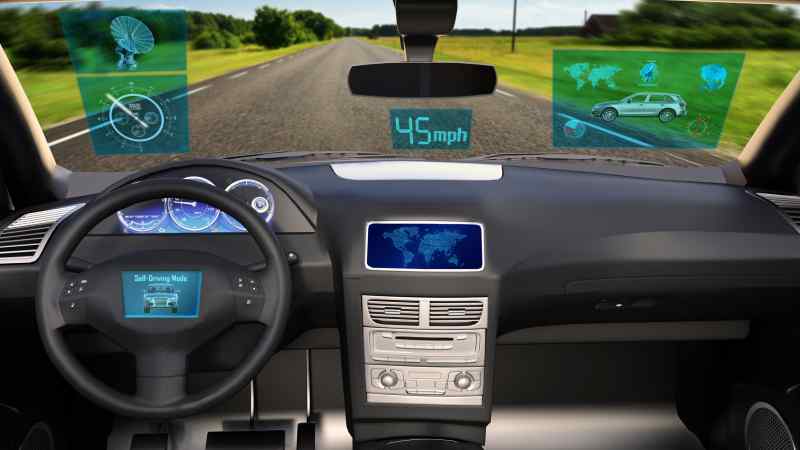
In the insurance industry, we’ll see liability shifting from drivers to manufacturers, because obviously if there’s no driver, then who's to blame if two autonomous vehicles collide?
We’ll also continue to focus on protection around cyber and data management which is an important aspect of this evolution.
What is the insurance industry doing to prepare itself for this evolution in the transportation sector? What is Intact doing?
There is an opportunity to modernize regulations. And fleet is a perfect system for the future. We feel strongly that the companies in our sector will have to be really good at managing data and technology moving forward. That's going to be critical for the success of our industry.
And Intact we’ll continue to invest and reinforce our position. We want to be known as the go-to insurer when it comes to underwriting new types of risks.
What benefits would autonomous vehicles provide to fleet owners/operators?
There's no question that the impact of AVs will have a profound effect on fleets and fleet managers. Again, I can't say enough about our four pillars: sharing, electric, connected, autonomous. It will definitely be a game changer when all four converge.
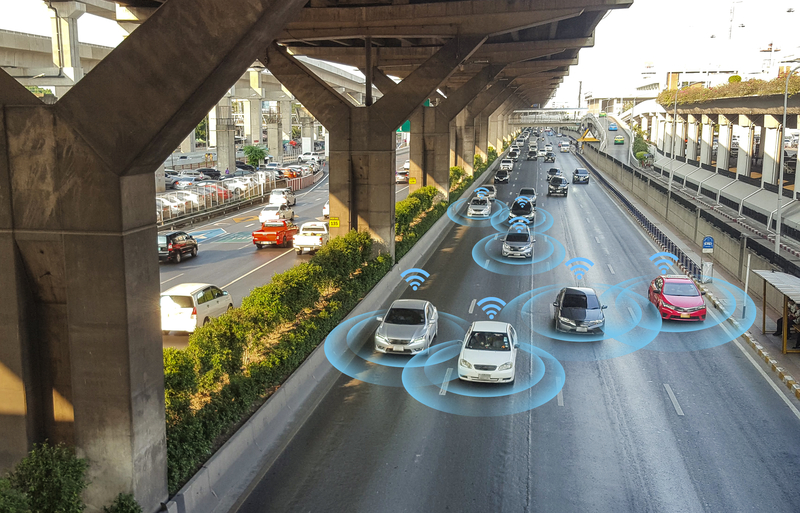
We expect to see more autonomous car fleets on public roads, as more individuals move away from ownership. Considerations will include costs, safety and convenience. So fleet owners will have to adapt to this and come up with solutions and products that fit those needs.
Now, this doesn't mean that all fleet owners will see benefits. Open competition will add pressure. It's a highly competitive environment today, and it will continue to be tomorrow. So fleet owners need to determine how they’ll create value for customers, and then become winners in this new environment.
Would AVs offer cost savings compared to current vehicles?
Of course! With the amount of data that will be available, fleets will be able to optimize their routes and overall vehicle usage which will make companies more agile and efficient.

This is a huge advantage of the autonomous vehicle. You can optimize cost, routes, and maintenance all thanks to the data.
And when you think about electric vehicles and connected vehicles you'll be able to optimize even more, because today there's probably a lot of waste in the system when it comes to maintenance and routes, for example. There are also the benefits in accident reduction that I mentioned earlier.
A final point would be the issue of fraud. Fraud is a big problem, and obviously, the larger your fleet, the more likely it is to happen. But with telematics and more data, fleets can significantly reduce the risk of fraud.
Do you recommend fleets begin considering purchasing autonomous vehicles?
That depends. If you're thinking about fully autonomous vehicles—what we refer to as Level 5—the vehicles aren’t there yet. And some of the semi-autonomous vehicles that are currently available don't offer full benefits for fleet operators.
So I’d recommend a wait-and-see approach. But I’d encourage fleet operators to start defining exactly what their value proposition will be and determine at what point it makes sense to purchase those cars.
But definitely nobody should look at this environment change today, and say, “We'll see when we're there.” You should be looking at it right now. So assess what the impact and benefits will be in the future regarding autonomous vehicles.
You cannot just see what's going to come up in five-to-ten years. You've got to be part of that change.
What advice do you have for fleets in regards to purchasing AVs?
Again, fleet owners will need to define exactly what their value proposition is now, and will be in the future. And at what point does it make sense to purchase autonomous vehicles.
Consider the big picture, not only one side, but the four pillars I’ve already mentioned: shared, electric, connected, autonomous.
Whether you’re an early adopter or not will depend on your organization. Companies need to ask themselves whether they will be early adopters or smart followers. Those are valuable questions for fleet owners and managers.
Those who focus on data and value added services will probably be winning in this game.
It’s more around, what added services can you create when this environment changes? I think that will be a critical decision before you actually purchase AVs. Get in touch with early adopters, see what they’re doing, and learn what’s already being developed.
Uber changed the environment almost overnight and there will be more disruptors coming soon in this environment.
What about integrating AVs into existing fleets?
There will be a transition period. I personally suspect the early adopters will be south of the border. The weather down there is more supportive of this new technology.
But besides that, I see there being a phased-in approach. Companies need to ask, when is it time to replace the whole fleet? Overnight or piece by piece? But there will definitely be a transition period as the market evolves.
What types of jobs would these vehicles would be suited for?
Everything that's product delivery-driven will benefit from autonomous vehicles. For example, food distribution, drug stores, renovation centers, and product delivery companies. AVs will also optimize transport in the passenger carrying industry.
Any final thoughts?
AVs will fundamentally change how we think about personal mobility. The services we use today, from gas stations, to mechanics, to body shops, etc. will all have to adapt to a world without drivers.
As an insurer, it's a brand new way to look at how we assess premiums and how we select risk. So that will be a big change for our industry. From a consumer standpoint, I'm definitely looking forward to this change that will make transport much easier than it is today.
This blog was originally published on May 22, 2019
Get to Know the Author
Basil Marcus is the president of Foss National Leasing and LeasePlan Canada. With a lifelong passion for automotive, he journeyed from business development to leading one of Canada's top fleet management companies.
Meet our team



